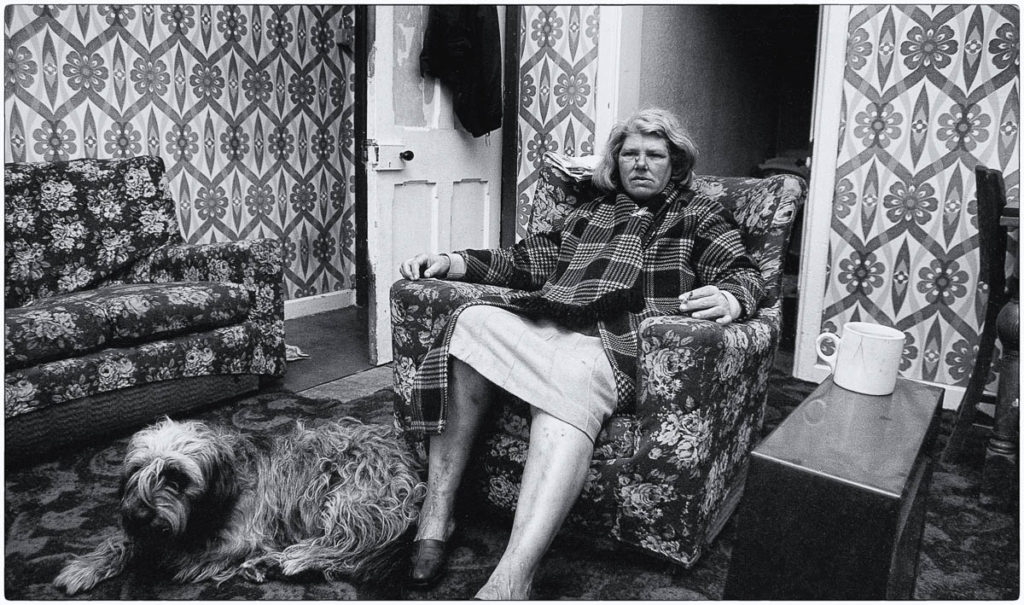
One of the first projects we were given when I started my documentary photography education at West Surrey College of Art and Design in Farnham, back in the early eighties, was to find a local newspaper story that had no images attached to it and go and make a photo story out of it.
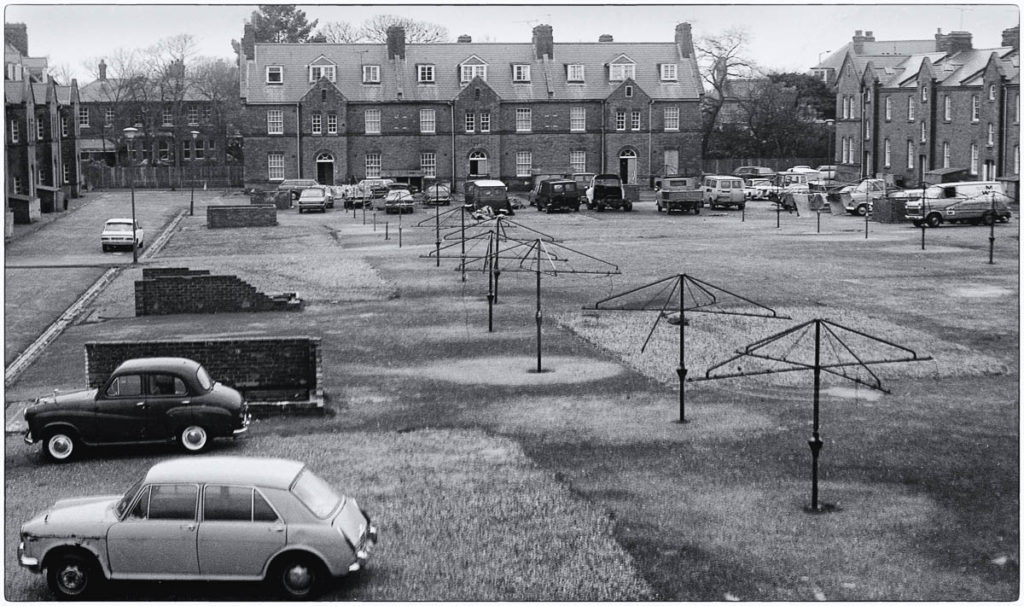
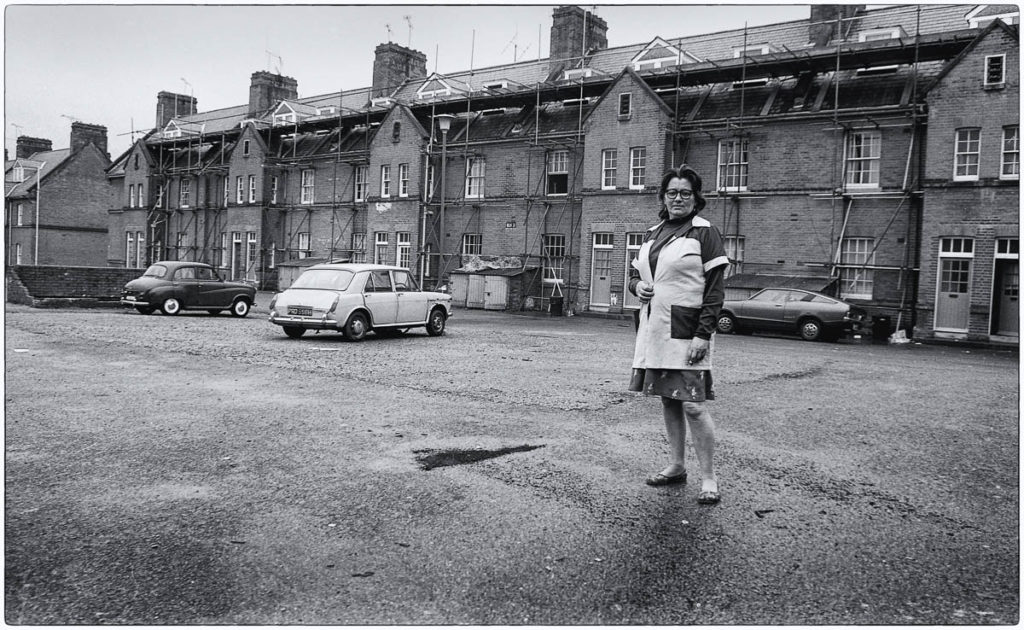
I picked a small article in the local Aldershot paper that highlighted the appalling housing conditions in a local tenanted block of flats. It was all a little unnerving as a first year student but a really good way to ‘hit the ground running’ putting yourself into difficult situations.
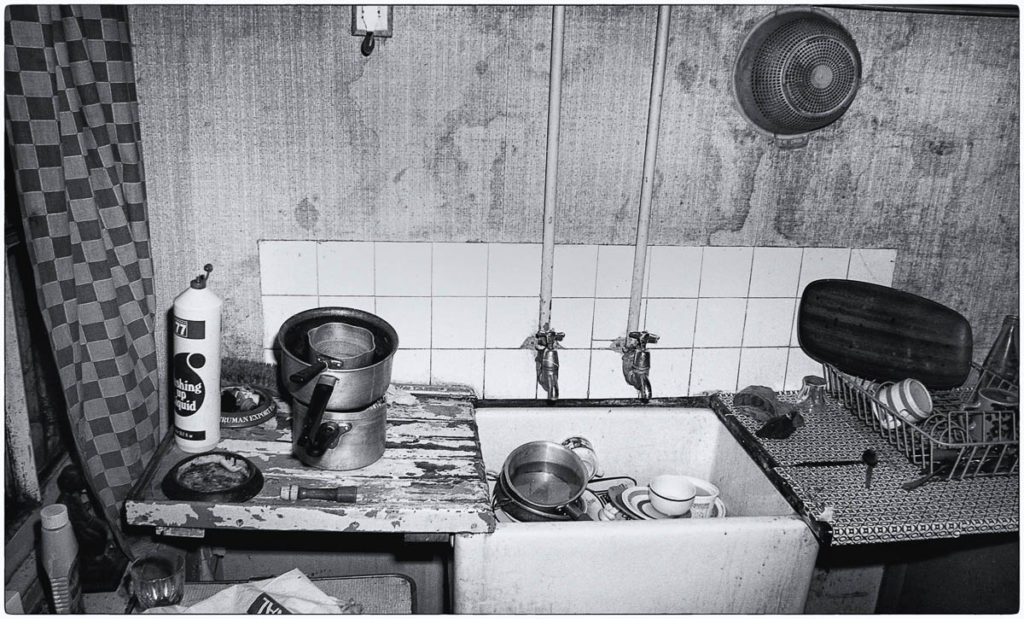
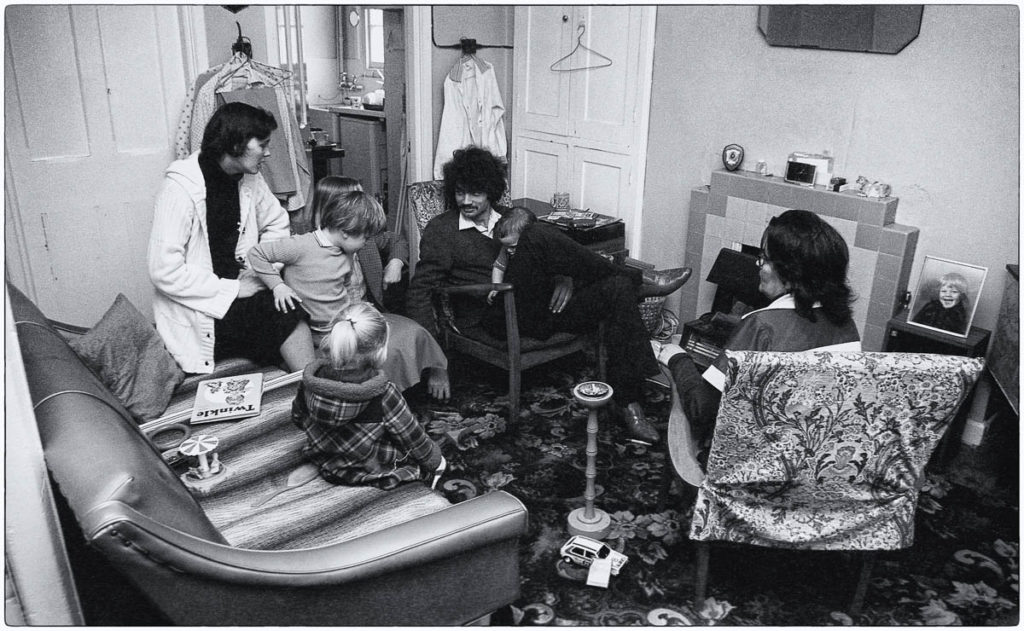
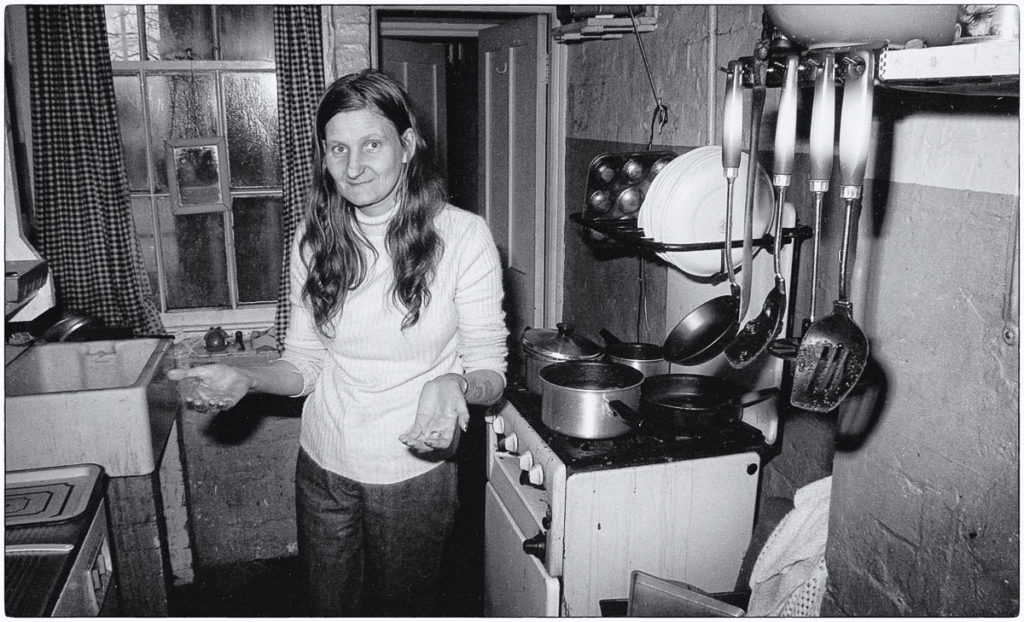
It’s over 40 years back now but I can still vividly recall my reaction to this story. How could a civilised so called ‘caring society’ let this be? It was the beginning of Thatcherism, which created the selfish society where the government ‘gets out of the way’ and leaves people to ‘take responsibility for themselves’ The living conditions I experienced here, which undermined all basic human rights, firmed up my ideas of socialism and political allegiance. Farnham was very well healed, still is, and yet this was happening just down the road.
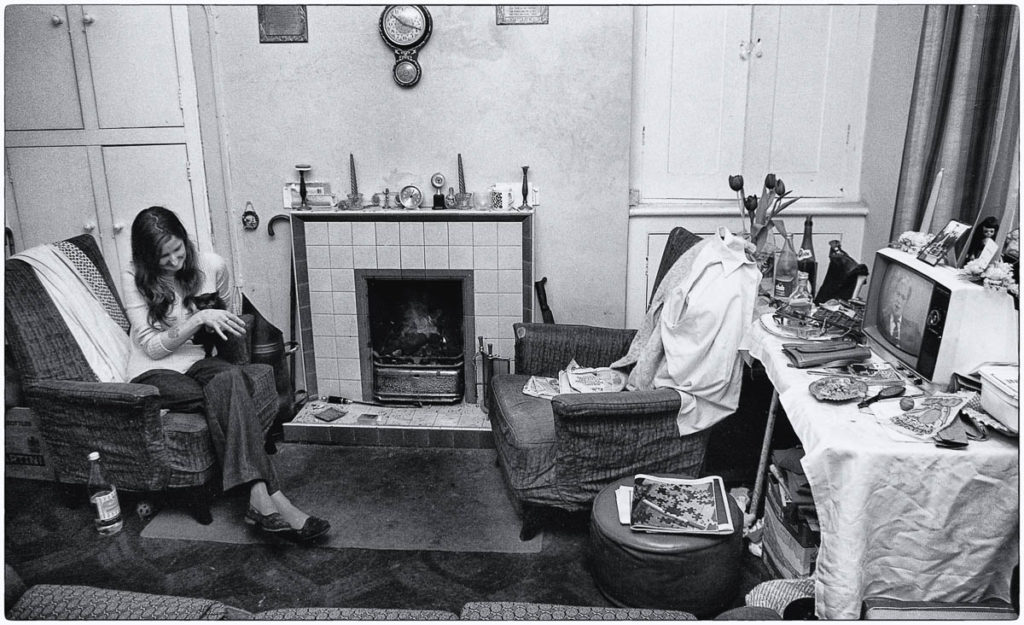
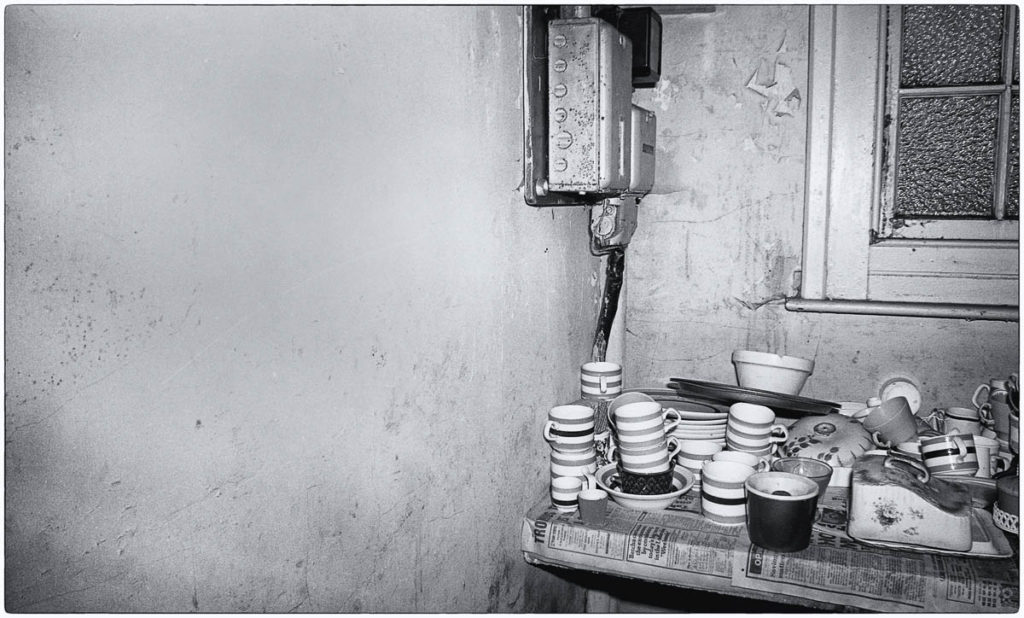
The problems remain though, and still we can’t close the gap between the haves and have nots, why? To long to go into here, but so much is down to a political will and want and self interest.
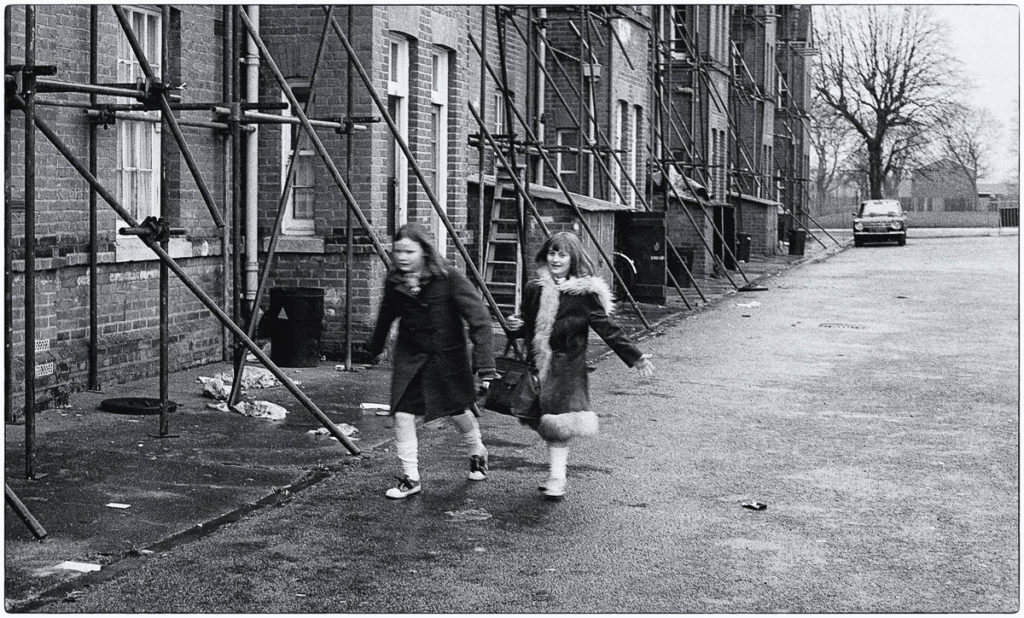
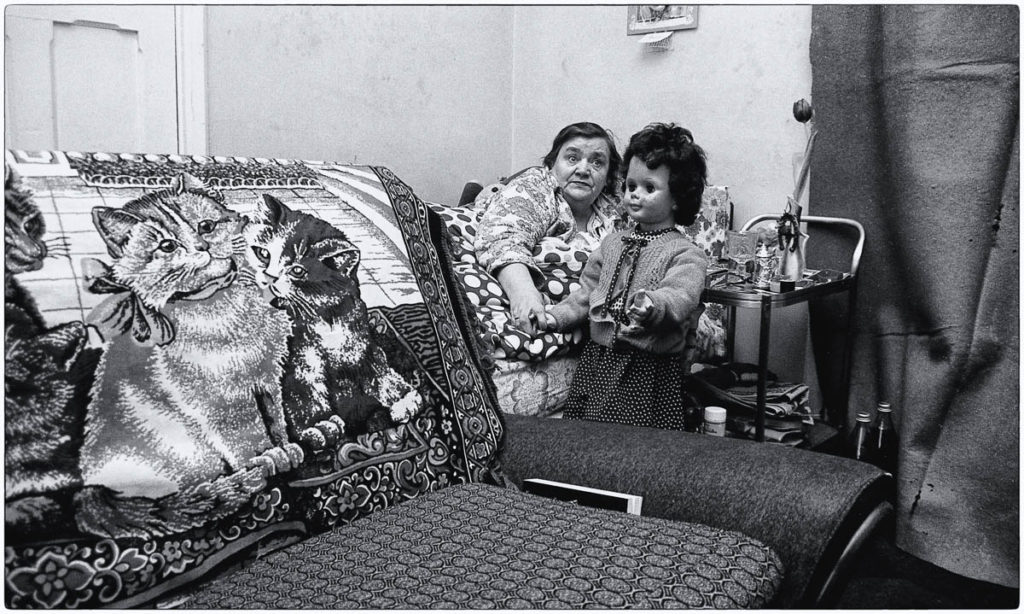
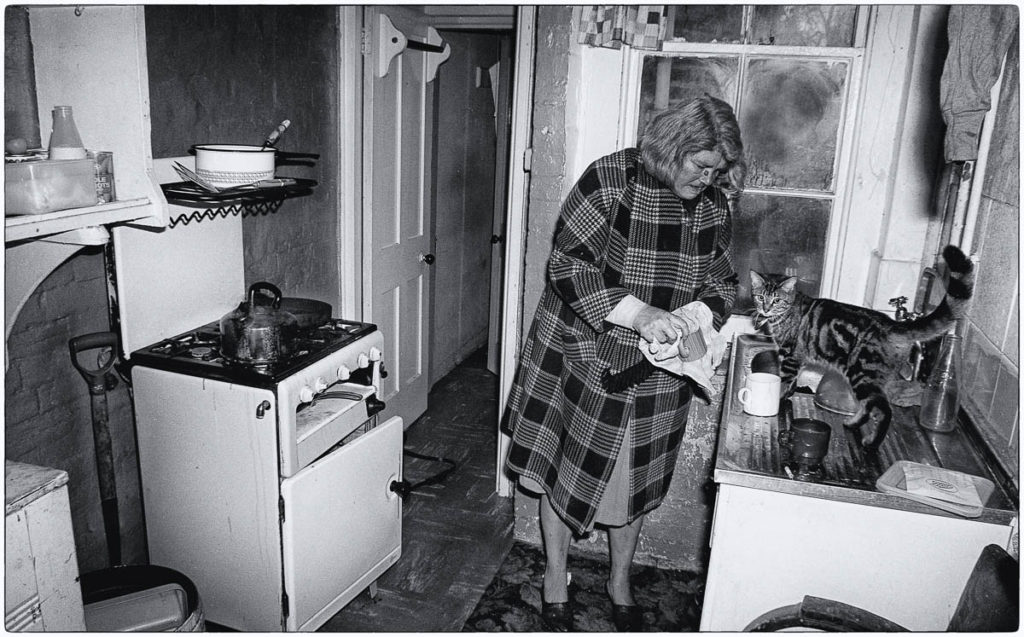
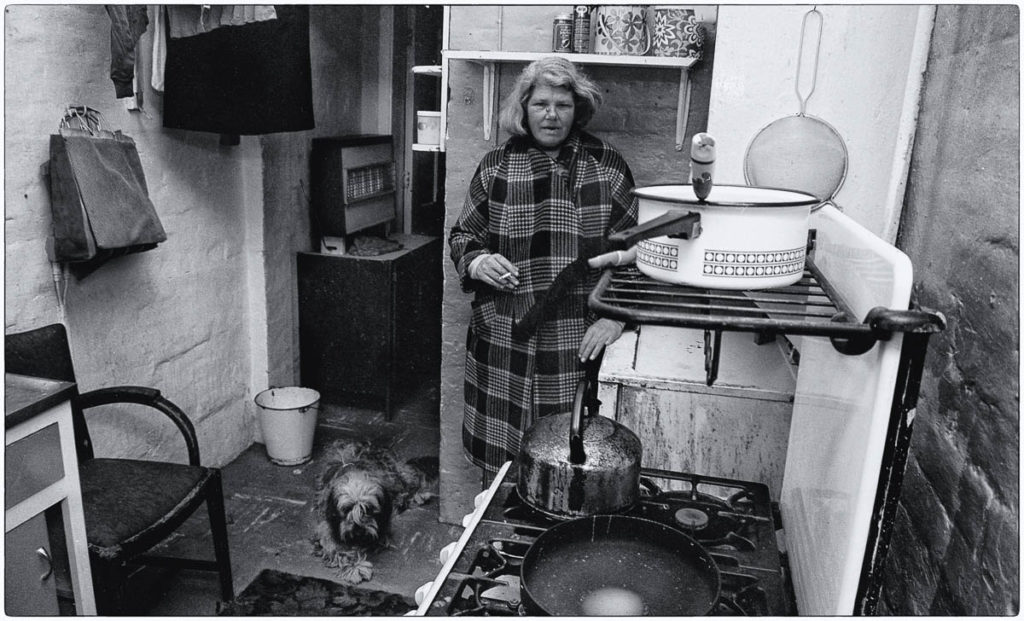
My images were used by the residents to take their case to the local council and I still wonder what effect they had, if any. The people were all very approachable and let me into their ‘homes’ to photograph the conditions they were living in, happy in the thought it may help their case.
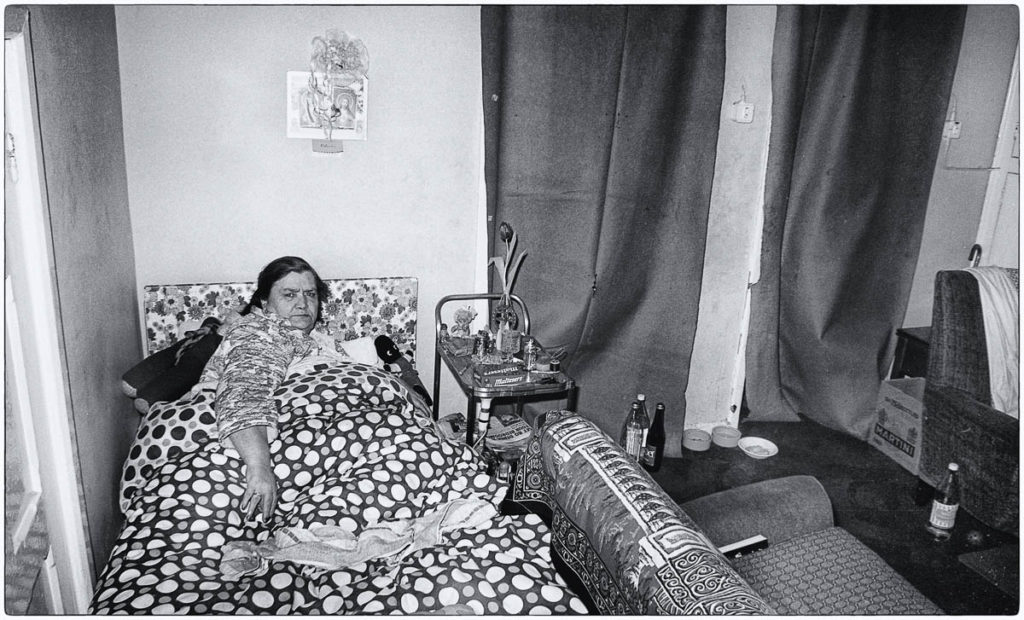
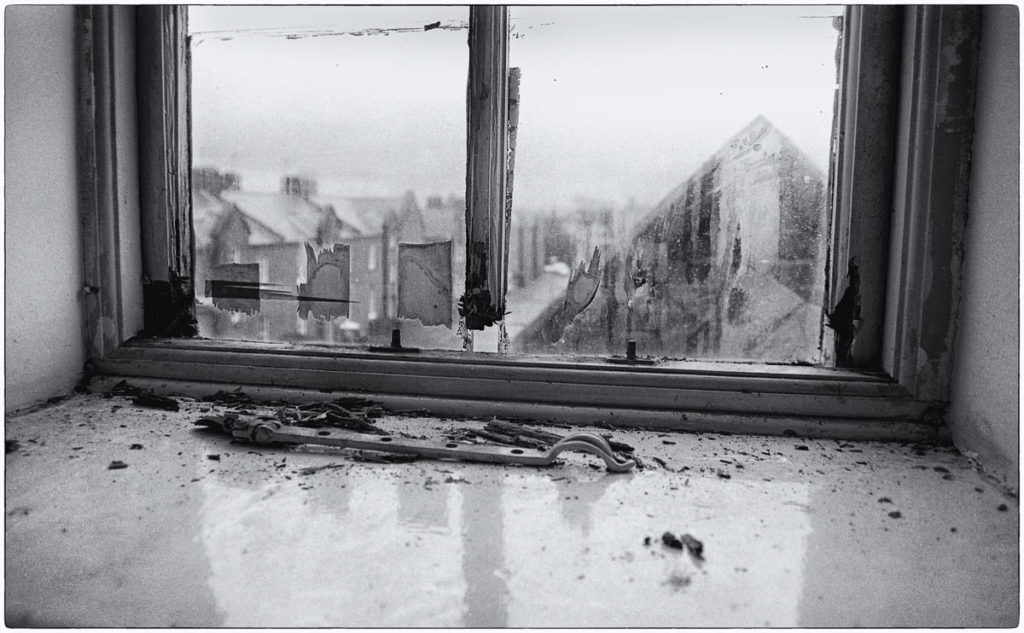
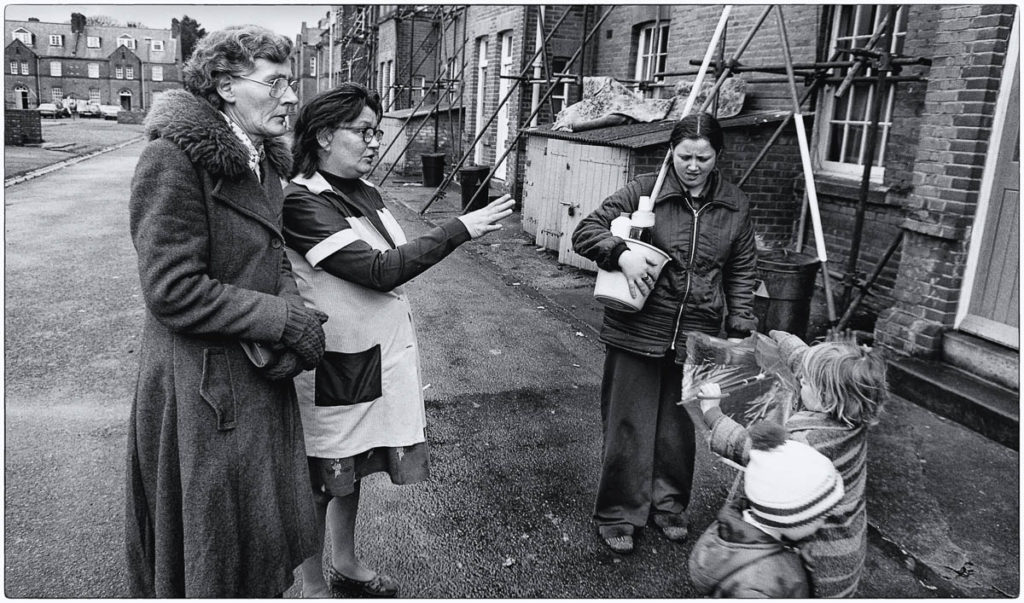
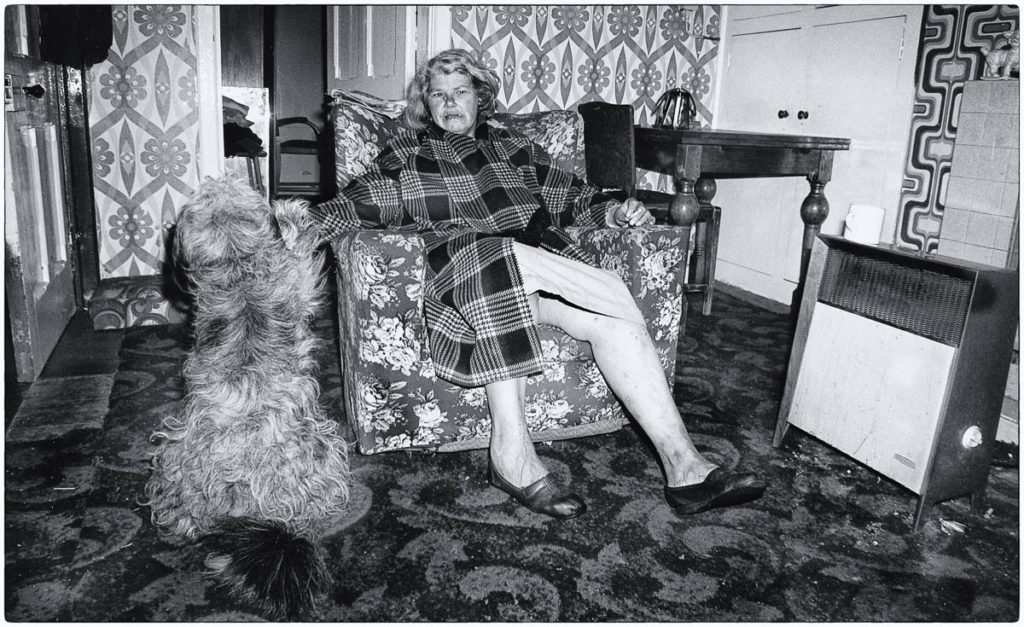
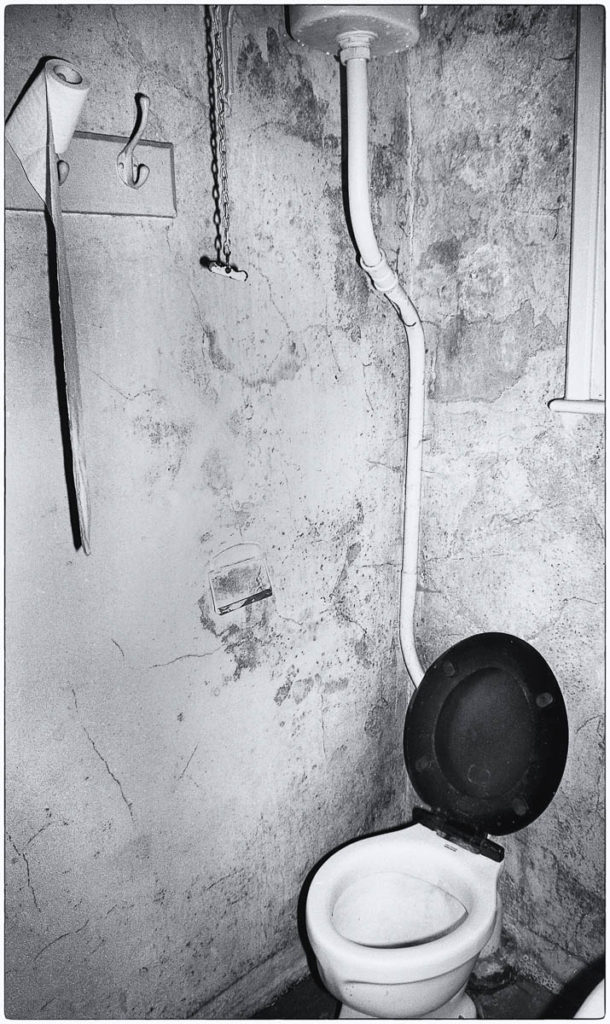
I was using a Pentax K1000 with a 50mm lens along with a very soft and cheap 28mm lens. Basic stuff but more than adequate. Film was FP4+ developed in Acutol.

Tim, your documentation of the living conditions at this time places you among some distinguished photographers that I have researched, including Tish Murtha and Peter Marlow; and in later years Tom Hunter, whose documentation saved Hackney squatters from eviction. A great representation.
Thank you Joyce, that’s a high compliment indeed!